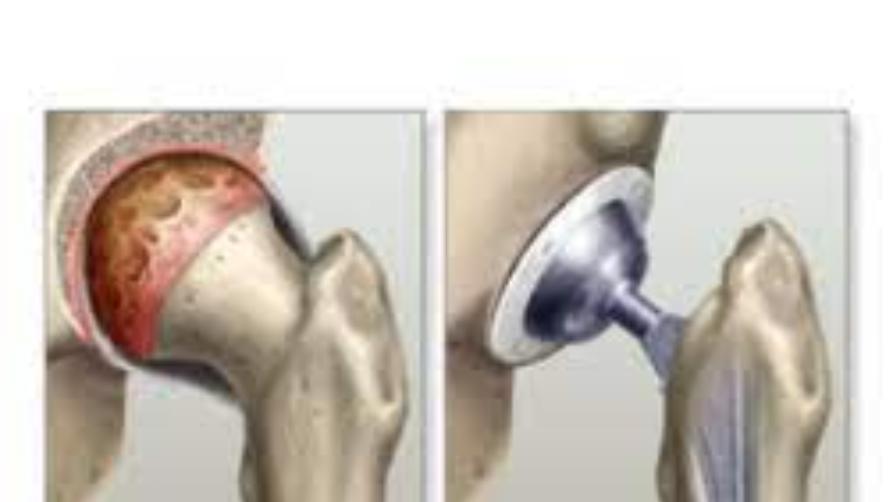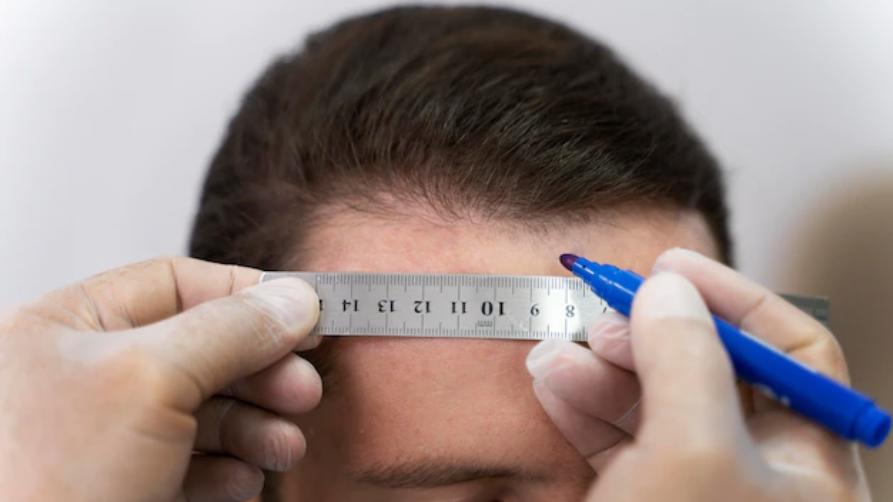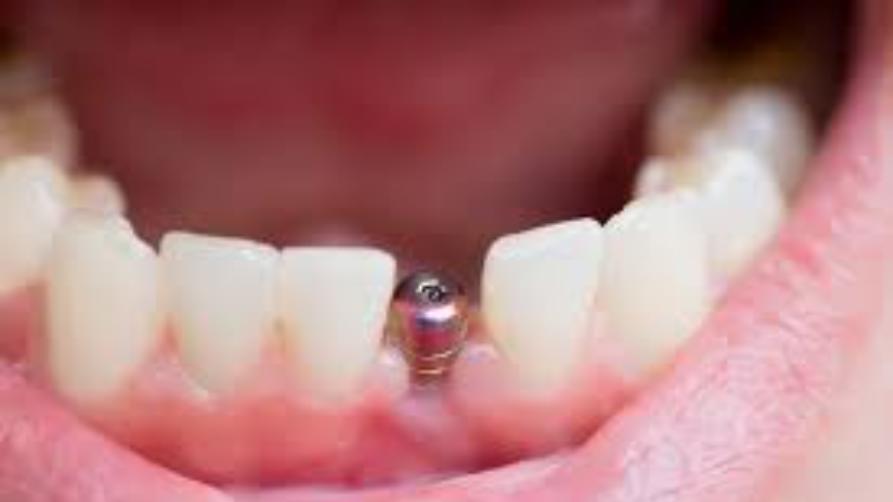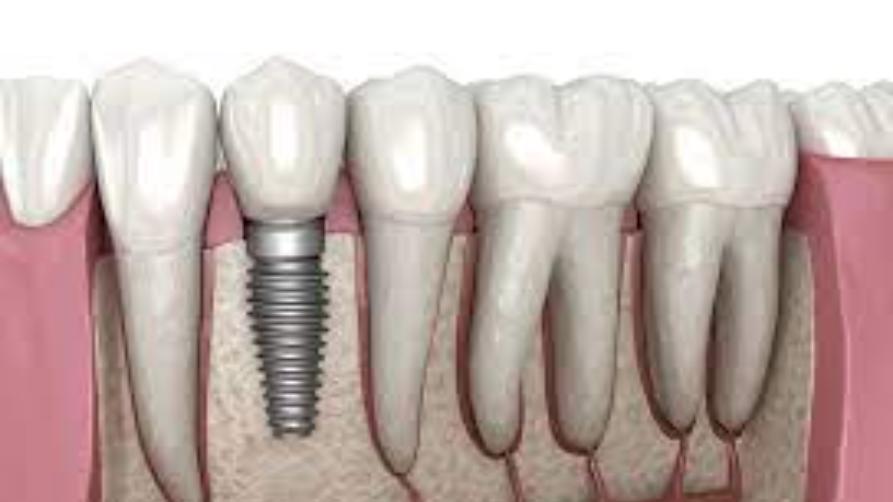hip replacementIt is a treatment method used when the hip joint is highly calcified or damaged. It is also known as the replacement of a kind of damaged joint. Hip surgeries are generally needed in middle-aged and older people. However, there is no upper age limit for performing the surgery. It is the most effective treatment method in developmental hip dislocations and is a common condition in the 20-40 age group. The diseases in which hip replacement is frequently needed are as follows;
· qualifications
· tumors
· Complications from childhood diseases
· Diseases associated with rheumatism
· Hip fractures and bleeding
People suffering from these diseases hip replacement surgery He can regain his health by doing it. However, more non-surgical solutions are offered. If the desired success rate is not achieved in non-surgical treatments, then hip prosthesis is applied.
How is Hip Replacement Surgery Performed?
If there is no existing infection in the patient's body, such as urinary tract infection and throat infection, a blood sample is taken first. Afterwards, approval is obtained from the anesthesiologist. If there is no obstacle to the operation, the patient is admitted to the hospital the day before the operation. If the person has diabetes and blood pressure problems, it does not prevent him from having surgery. Only these patients should be followed closely. However, smokers are advised to quit because smoking increases the risk of infection.
Hip replacement surgery It can be done by anesthetizing the waist or under general anesthesia. Depending on the surgeon's condition, a 10-20 cm incision is made from the hip. At this stage, the damaged bone is removed from the hip and replaced with a prosthetic hip. Other regions are then stitched. The patient can be fed orally 4 hours after the operation. One day after the operation, patients start walking. They should wear walking aids at this stage. After the operation, it is necessary to pay attention to the following criteria;
· Avoid crossing your legs for 2 months.
· Do not lean forward while sitting and do not try to pick up anything from the ground.
· Do not try to raise your knees above your hips.
· Avoid sitting on the squat toilet as much as possible.
· Do not lean forward too much while sitting or standing.
How Complications May Occur After Hip Replacement Surgery?
After hip replacement surgery Complications are not expected, it is a very rare condition. The most common complication is the formation of a blood clot in the veins, along with decreased blood flow in the leg. To prevent this, blood thinners are prescribed after the surgery. If necessary, the treatment continues for 20 days. Avoiding a sedentary life and walking a lot after the surgery will also reduce the risk of complications. It may also be advantageous to wear compression stockings at this stage.
The most feared situation after hip replacement surgery is infection. In case of infection, prosthesis change may also occur. Long-term use of antibiotics is required after surgery. Surgery performed in sterile environments by good surgeons affects the success rate of 60%. In this way, the prosthesis is expected to have a long service life. Some criteria must be observed. For example, when there is a loosening of the prosthesis, it must be replaced immediately, otherwise the loose prosthesis may lead to bone resorption. For this reason, it is much more important that the operation is performed by reliable surgeons.
Frequently Asked Questions About Hip Replacement
Frequently asked questions about hip replacement listed as follows.
What kind of problems do people who will have hip replacement surgery experience?
The most common complaint in people who want to have a hip replacement is severe pain. The problem, which only occurs when walking at first, can also be experienced during sitting in the following days. In addition, lameness, limitation of movement and a feeling of shortening in the leg are among the complaints.
What happens if hip surgery is delayed?
There are also non-surgical solutions for hip treatment. Phytotherapy applications, drug and stem cell treatments are one of them. These treatments can be applied to people who want to delay hip replacement. However, when the treatment is delayed, the problem in the knee will grow, and severe pain and spinal cord slippage may occur in the waist and back regions.
Who cannot undergo hip replacement surgery?
Hip replacement surgery is not applied to the following people;
· If there is an active infection in the hip area,
· If the person has severe venous insufficiency,
· If the person appears paralyzed in the hip area,
· If the person has a neurological disease
How long is a hip prosthesis used?
If all needs are met, the hip replacement can be used for life. Although there are many factors that determine the life of the prosthesis, it is expected to be used for at least 15 years. However, it is also possible for this period to be 30 years or more.
Can I walk after hip replacement?
It may take up to 4 months for you to do physical activities such as walking and running in a healthy way after hip replacement.
When can I take a bath after surgery?
You can take a bath 2 weeks after the operation.
Hip Replacement Surgery in Turkey
Hip replacement surgery in Turkey It is an option that people often prefer. Because treatment costs in the country are both affordable and doctors are experts in their field. Therefore, if you want to have an affordable and reliable hip replacement surgery, you can choose Turkey. For this, you can also get free consultancy service from us.












Leave a Comment